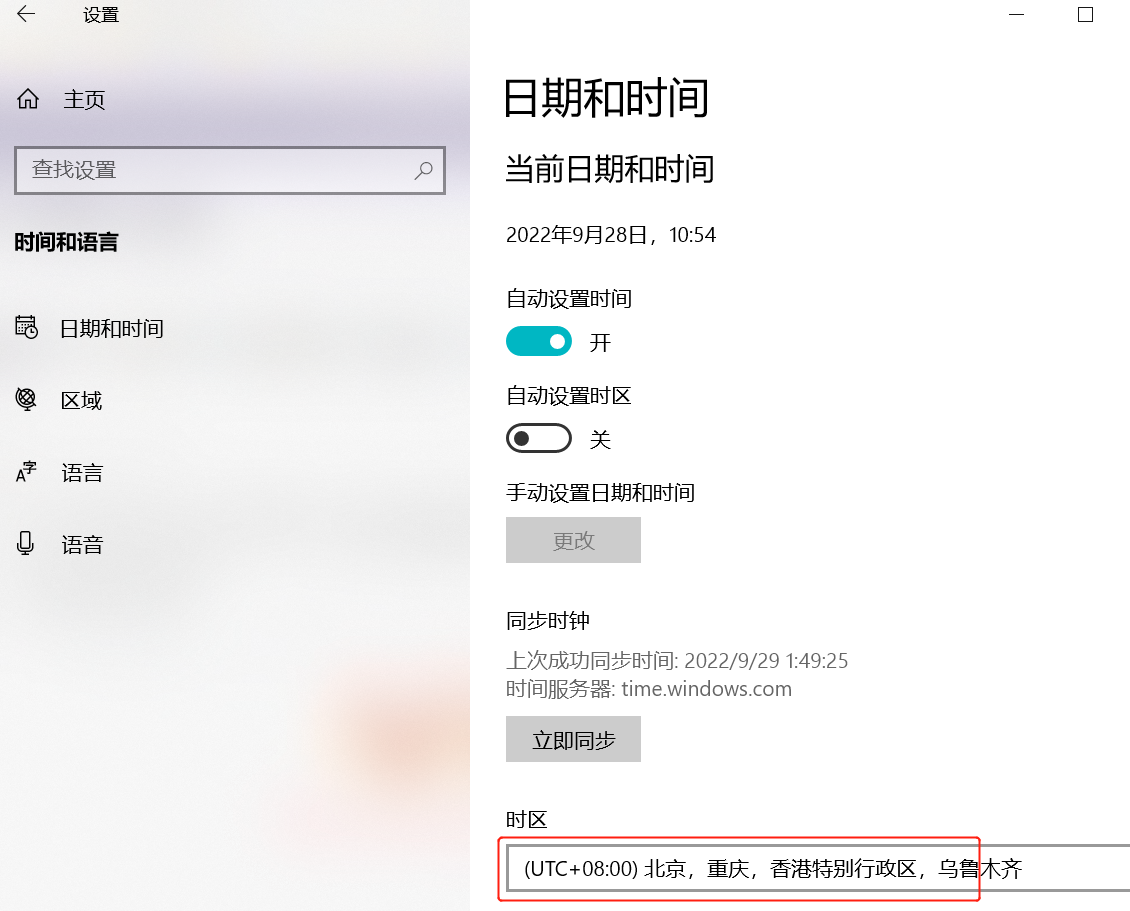问题描述
我正在尝试找到一种方法,使用 python 和 numpy 为给定文本使用 unigrams、bigrams 和 trigrams 制作转换矩阵。每行的概率应等于 1。我首先使用 bigrams 进行了此操作,并且效果很好:
distinct_words = list(word_dict.keys())
dwc = len(distinct_words)
matrix = np.zeros((dwc,dwc),dtype=np.float)
for i in range(len(distinct_words)):
word = distinct_words[i]
first_word_idx = i
total = 0
for bigram,count in ngrams.items():
word_1,word_2 = bigram.split(" ")
if word_1 == word:
total += count
for bigram,word_2 = bigram.split(" ")
if word_1 == word:
second_word_idx = index_dict[word_2]
matrix[first_word_idx,second_word_idx] = count / total
但现在我想添加 unigrams 和 trigrams 并加权它们的概率(trigrams * .6,bigrams * .2,unigrams *.2)。我不认为我的 python 很简洁,这是一个问题,但我也不知道如何使用多个 n-gram(和权重,虽然说实话权重是次要的),这样我仍然可以获得所有的概率从任何给定的行加起来为一。
distinct_words = list(word_dict.keys())
dwc = len(distinct_words)
matrix = np.zeros((dwc,dtype=np.float)
for i in range(len(distinct_words)):
word = distinct_words[i]
first_word_index = i
bi_total = 0
tri_total=0
tri_prob = 0
bi_prob = 0
uni_prob = word_dict[word] / len(distinct_words)
if i < len(distinct_words)-1:
for trigram,count in trigrams.items():
word_1,word_2,word_3 = trigram.split()
if word_1 + word_2 == word + distinct_words[i+1]:
tri_total += count
for trigram,word_3 = trigram.split()
if word_1 + word_2 == word + distinct_words[i+1]:
second_word_index = index_dict[word_2]
tri_prob = count/bigrams[word_1 + " " + word_2]
for bigram,count in bigrams.items():
word_1,word_2 = bigram.split(" ")
if word_1 == word:
bi_total += count
for bigram,word_2 = bigram.split(" ")
if word_1 == word:
second_word_index = index_dict[word_2]
bi_prob = count / bi_total
matrix[first_word_index,second_word_index] = (tri_prob * .4) + (bi_prob * .2) + (word_dict[word]/len(word_dict) *.2)
我正在阅读 this lecture 以了解如何设置我的概率矩阵,这似乎很有道理,但我不确定我哪里出错了。
如果有帮助,我的 n_grams 来自 this - 它只是生成一个 n_gram 字典作为字符串及其计数。
def get_ngram(words,n):
word_dict = {}
for i,word in enumerate(words):
if i > (n-2):
n_gram = []
for num in range(n):
index = i - num
n_gram.append(words[index])
if len(n_gram) > 1:
formatted_gram = ""
for word in reversed(n_gram):
formatted_gram += word + " "
else:
formatted_gram = n_gram[0]
stripped = formatted_gram.strip() if formatted_gram else n_gram[0]
if stripped in word_dict:
word_dict[stripped] += 1
else:
word_dict[stripped] = 1
return word_dict
解决方法
让我们尝试以最有效的方式在纯 Python 中完成,仅依赖列表和字典推导式。
假设我们有一个由 3 个单词“a”、“b”和“c”组成的玩具文本:
np.random.seed(42)
text = " ".join([np.random.choice(list("abc")) for _ in range(100)])
text
'c a c c a a c b c c c c a c b a b b b b a a b b a a a c c c b c b b c
b c c a c a c c a a c b a b b b a b a b c c a c c b a b b b b b b b a
c b b b b b b c c b c a b a a b c a b a a a a c a a a c a a'
然后要制作 unigrams、bigrams 和 trigrams,您可以按以下步骤操作:
unigrams = text.split()
unigram_counts = dict()
for unigram in unigrams:
unigram_counts[unigram] = unigram_counts.get(unigram,0) +1
bigrams = ["".join(bigram) for bigram in zip(unigrams[:-1],unigrams[1:])]
bigram_counts = dict()
for bigram in bigrams:
bigram_counts[bigram] = bigram_counts.get(bigram,0) +1
trigrams = ["".join(trigram) for trigram in zip(unigrams[:-2],unigrams[1:-1],unigrams[2:])]
trigram_counts = dict()
for trigram in trigrams:
trigram_counts[trigram] = trigram_counts.get(trigram,0) +1
要合并权重并标准化:
weights = [.2,.2,.6]
dics = [unigram_counts,bigram_counts,trigram_counts]
weighted_counts = {k:v*w for d,w in zip(dics,weights) for k,v in d.items()}
#desired output
freqs = {k:v/sum(weighted_counts.values()) for k,v in weighted_counts.items()}
我们有什么:
pprint(freqs)
{'a': 0.06693711967545637,'aa': 0.02434077079107505,'aaa': 0.024340770791075043,...
最后,健全性检查:
print(sum(freqs.values()))
0.999999999999999
可以进一步自定义此代码以包含您的标记化规则,例如,或通过一次循环遍历不同的 gram 使其更短。

 设置时间 控制面板
设置时间 控制面板 错误1:Request method ‘DELETE‘ not supported 错误还原:...
错误1:Request method ‘DELETE‘ not supported 错误还原:...